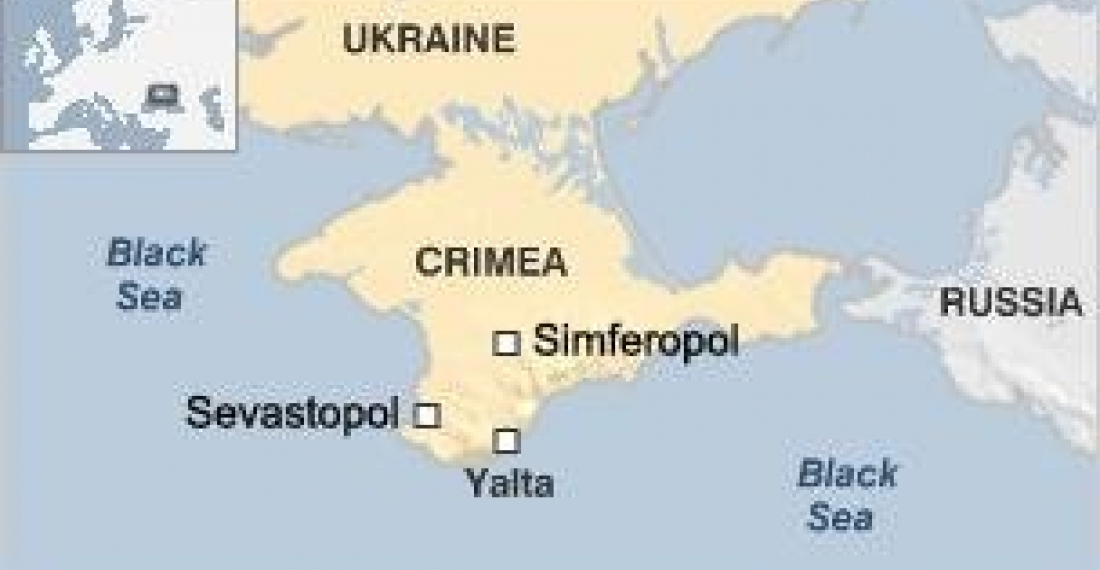The Foreign Affairs chiefs of US, EU, UK, France, Germany, Italy and Japan issue statement following incidents near the sea of Azov in which they reiterated that their countries will never recognise Russia's illegal annexation of Crimea.The statement says:
We, the G7 foreign ministers of Canada, France, Germany, Italy, Japan, the United Kingdom, the United States of America, and the High Representative of the European Union, express our utmost concern about Russia's actions against Ukraine in the Kerch Strait and surrounding waters, which have dangerously raised tensions. There is no justification for Russia's use of military force against Ukrainian ships and naval personnel.
We urge restraint, due respect for international law, and the prevention of any further escalation. We call on Russia to release the detained crew and vessels and refrain from impeding lawful passage through the Kerch Strait.
We, the G7, once again reiterate that we do not, and will never, recognize Russia's illegal annexation of the Crimean peninsula, and we reaffirm our unwavering support for Ukraine's sovereignty and territorial integrity.
source: commonspace.eu






